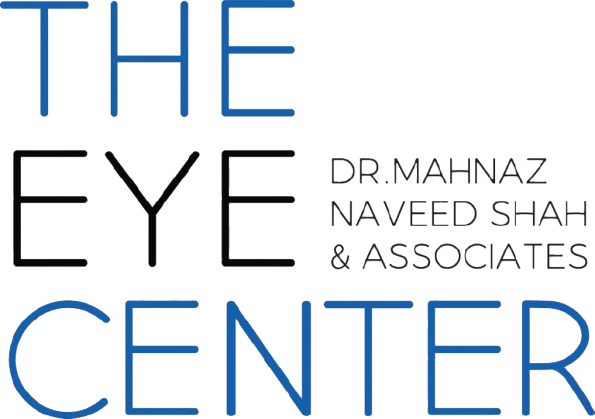Dr. Mahnaz Naveed Shah: Karachi’s Premier Cataract Surgeon for Superior Vision
Looking for the best cataract surgeon in Karachi? Meet Dr. Mahnaz Naveed Shah, a renowned expert in ophthalmology dedicated to restoring clear vision and enhancing eye health. With a stellar reputation built on precision, expertise, and patient-centric care, Dr. Shah is your trusted partner in achieving optimal vision outcomes. Specializing in cataract and glaucoma surgery, […]
Best Eye Specialist in Karachi
Are you seeking top-notch eye care in Karachi? Dr. Mahnaz Naveed Shah, a distinguished United States trained ophthalmologist with over 20 years of experience is renowned for her expertise, experience and compassionate approach. With years of experience and a commitment to true excellence, Dr. Mahnaz Naveed Shah stands out as the go-to eye specialist for […]
Why are Toric Intraocular Lenses better for me after cataract surgery if I have astigmatism?
Toric intraocular lenses (IOLs) offer significant benefits for individuals with astigmatism undergoing cataract surgery. Unlike traditional spherical lenses, toric IOLs are designed to correct both cataracts and astigmatism simultaneously, reducing dependence on glasses or contact lenses post-surgery. By addressing astigmatism, toric IOLs can improve visual clarity and quality, enhancing overall satisfaction with the surgical outcome. […]
Why is it important for for my eye specialist to maintain my medical record or file?
Maintaining comprehensive medical records is crucial for optimal eye care. These records serve as a roadmap of an individual’s eye health history, including past diagnoses, treatments, surgeries, and medications. They provide valuable insights for eye care professionals to make informed decisions about current and future treatment plans. Regular eye exams often entail various tests and […]
DO I NEED TO SEE A GLAUCOMA SPECIALIST?
Glaucoma, often referred to as the “silent thief of sight,” is a progressive eye condition that damages the optic nerve, leading to vision loss and blindness if left untreated. While many individuals with glaucoma initially experience no symptoms, the gradual loss of peripheral vision can eventually impair daily activities and diminish quality of life. In […]
Panretinal Photocoagulation (PRP)
Laser eye treatment called panretinal photocoagulation (PRP) is used in patients who have grown aberrant new blood vessels in the drainage system of the eyeball or in the retina at the rear of the eye. The PRP laser treatment promotes existing vessels to contract and scar while inhibiting the growth of aberrant new vessels on […]
Concerns that most glaucoma patients have about their disease and treatment.
Glaucoma is often referred to as the “silent thief of sight,” and because of how it affects sight poses a very serious problem for those who are affected by the disease. This progressive eye condition damages the optic nerve, gradually and irreversibly leading to vision loss when left untreated. Understandably, individuals diagnosed with glaucoma often […]
Do I want or need a multifocal lens after cataract surgery?
The greatest advantage of multifocal or trifocal intraocular lenses (IOLs) lies in their ability to provide a patients with excellent vision at multiple distances simultaneously, while reducing and in some cases even eliminating the need for glasses after cataract surgery. Unlike traditional monofocal lenses, multifocal IOLs can correct near, intermediate, and distance vision, offering greater […]
Why annual eye exams are important
Getting an eye exam is important for several reasons: Overall, regular eye exams are important for maintaining good eye health and preserving your vision.
Why is experience and skill important when you choose an eye specialist
As an eye specialist, experience is a critical component of developing the skills necessary to provide high-quality care to patients. Years of experience enable an eye specialist to identify and diagnose eye conditions quickly and accurately, and to develop the best course of treatment based on their experience and knowledge. In this article, we’ll explore […]
